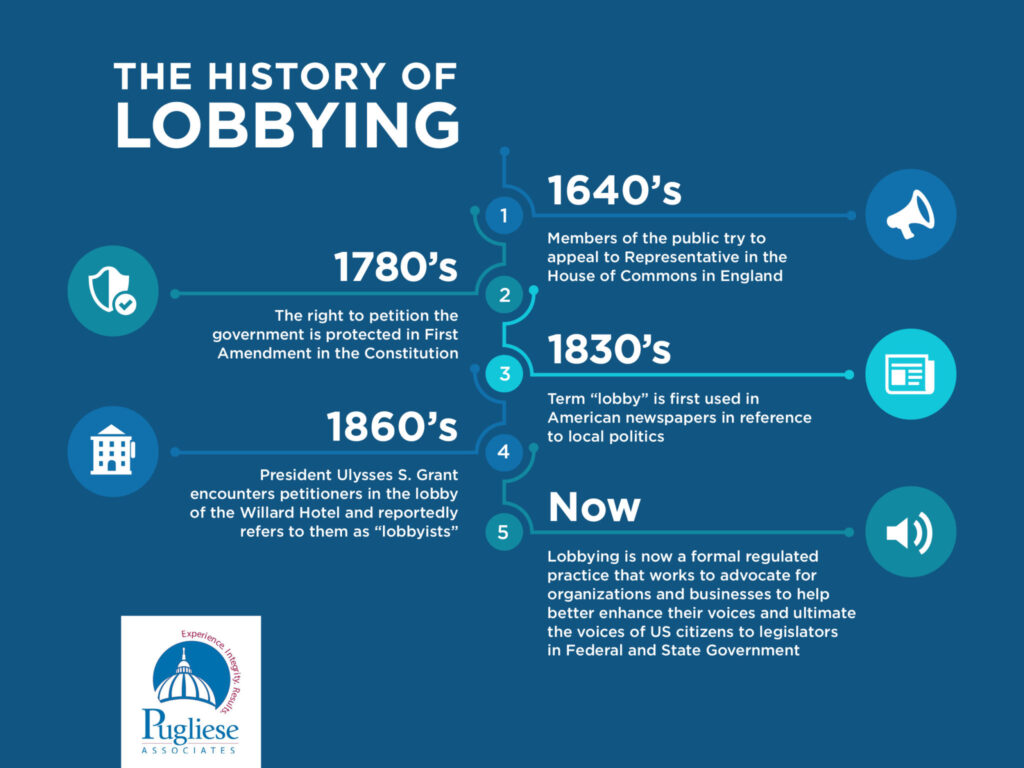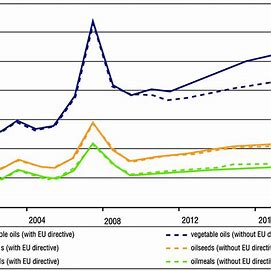
Introduction
Lobbying groups play a crucial role in shaping biofuel policies, which are instrumental in promoting sustainable energy sources. Understanding the influence of these groups is essential for policymakers, industry professionals, and the general public. This article aims to provide an in-depth analysis of the role of lobbying groups in shaping biofuel policies.
Historical Background
The development of biofuel policies has evolved over time in response to environmental concerns and the need for energy security. Lobbying groups have been influential in the early stages of policy formation, advocating for the interests of various stakeholders and shaping the direction of biofuel policies.
Key Concepts and Definitions
Lobbying groups are organizations that actively engage in advocating for specific causes or interests, often through communication with policymakers and public officials. These groups have a defined purpose, structure, and engage in various activities like lobbying, advocacy campaigns, and grassroots organizing. Biofuel policies refer to the regulations and practices related to the production, distribution, and use of biofuels. These policies aim to promote the use of renewable energy, reduce greenhouse gas emissions, and enhance energy security.
Main Discussion Points
Point: Role of lobbying groups in shaping biofuel policy agendas
Lobbying groups exert significant influence in setting legislative priorities by raising awareness about biofuel-related issues, proposing policy solutions, and mobilizing public support. Through their strategic efforts, they shape the policy agenda and ensure that biofuel-related concerns remain a priority for policymakers. Lobbying groups influence legislative priorities by highlighting the economic, environmental, and social benefits of biofuels. They use research, advocacy, and public relations campaigns to garner support for their policy proposals. Lobbying groups employ various strategies to advance their interests, such as direct lobbying, campaign contributions, and grassroots organizing. These activities help them gain access to policymakers, shape public opinion, and influence decision-making processes.
Point: Impact of lobbying groups on biofuel policy outcomes
Lobbying groups have played a significant role in influencing policy decisions related to biofuels, leading to both positive and negative consequences. Examples of lobbying groups successfully influencing policy decisions include the Renewable Fuel Standard (RFS) in the United States, where biofuel industry groups successfully advocated for the inclusion of biofuels in the national fuel supply. Their efforts resulted in increased biofuel production and consumption. The consequences of lobbying groups’ influence on biofuel policies can be analyzed through the lens of unintended consequences, such as potential negative environmental impacts, market distortions, and conflicts of interest. It is crucial to evaluate the long-term effects of lobbying on biofuel policy outcomes.

Point: Role of lobbying groups in shaping international biofuel policies
Lobbying efforts extend beyond national borders, with lobbying groups actively engaging in shaping international biofuel policies. Lobbying groups participate in international negotiations and conferences to influence global biofuel policies. They collaborate with other countries and regions to advocate for their interests and promote harmonized regulations. Lobbying dynamics differ across countries and regions due to variations in political systems, stakeholder interests, and policy contexts. A comparative analysis of lobbying efforts can provide valuable insights into the effectiveness of different approaches and strategies.
Case Studies or Examples
Case study: Lobbying groups’ role in the implementation of biofuel mandates in the United States
Lobbying groups in the United States have played a crucial role in the implementation of biofuel mandates, such as the RFS. These groups have successfully influenced policy decisions, resulting in increased biofuel production and blending requirements.
Case study: Lobbying groups’ influence on the European Union’s biofuel policy framework
Lobbying groups in the European Union have significantly shaped the biofuel policy framework through their advocacy efforts. They have influenced the criteria for biofuel sustainability certification, blending targets, and support mechanisms for the industry.

Current Trends or Developments
Recent trends in lobbying groups’ activities related to biofuel policies
Lobbying groups are increasingly focusing on emerging issues such as advanced biofuels, carbon pricing, and the circular economy. They are actively involved in research and development initiatives, advocating for supportive policies and funding to accelerate the adoption of these technologies. New research findings on the influence of lobbying groups in shaping biofuel policies Ongoing research provides insights into the strategies and tactics employed by lobbying groups in shaping biofuel policies. These findings contribute to a better understanding of the dynamics between lobbying groups, policymakers, and other stakeholders.
Challenges or Controversies
Ethical considerations surrounding lobbying groups’ influence on biofuel policies
The influence of lobbying groups on biofuel policies raises ethical considerations, such as potential conflicts of interest, unequal representation of interests, and undue influence on decision-making processes. These challenges need to be addressed to ensure transparent and accountable policy development. Conflicts of interest and potential negative impacts on the industry and society Lobbying groups’ influence on biofuel policies can create conflicts of interest, leading to potential negative impacts on the industry and society. It is essential to strike a balance between promoting biofuels’ benefits and addressing potential drawbacks, such as land-use changes, food security concerns, and market distortions.
Future Outlook
Speculation on the future direction of lobbying groups’ influence on biofuel policies
The influence of lobbying groups on biofuel policies is expected to continue, driven by evolving energy and environmental priorities. Future lobbying efforts may focus on emerging technologies, sustainable feedstocks, and international collaboration for effective policy implementation. Potential implications of emerging technologies and alternative fuel sources Advancements in technologies like advanced biofuels, electric vehicles, and hydrogen fuel cells may impact the lobbying dynamics and policy priorities. Lobbying groups will need to adapt to these changes and advocate for supportive policies that align with the evolving energy landscape.

Conclusion
Understanding the role of lobbying groups in shaping biofuel policies is crucial for policymakers, industry stakeholders, and the general public. Lobbying groups have a significant impact on the policy agenda, decision-making processes, and outcomes. It is essential to assess the ethical considerations, potential challenges, and future implications of lobbying groups’ influence on biofuel policies.




